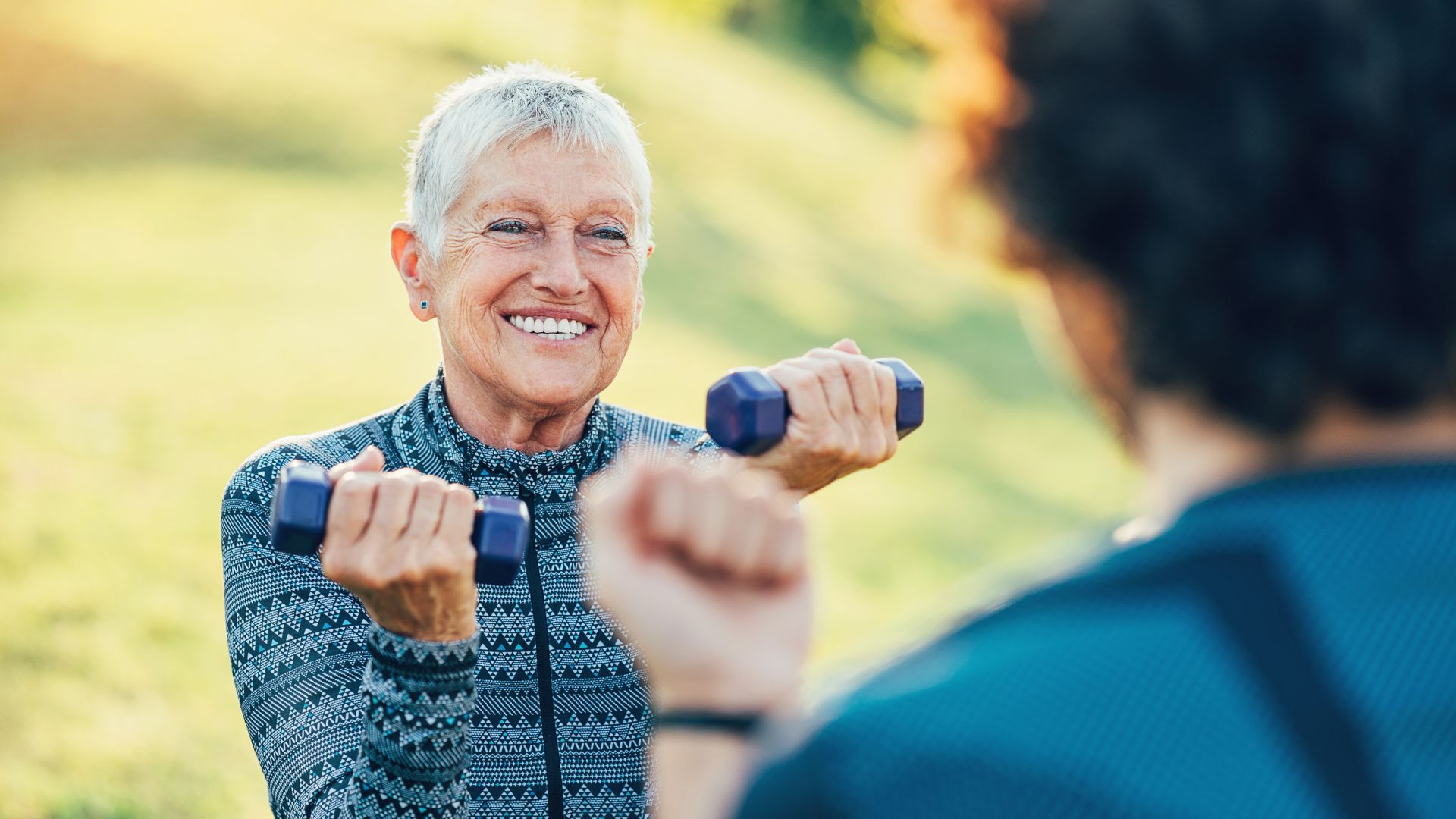There are myriad reasons to give generously any time of the year, but it is brought into focus as the holidays approach. You don’t need a doctor to tell you giving feels good. Anyone who has given time, money, or other resources knows this from experience.
It’s probably easy to see why this can lead to several mental health benefits for you, including increased happiness and enhanced self-esteem. But, what you might not realize is that the positive effects of giving can extend beyond your mental health and enhance your physical health, too. Over the past two decades, multiple scientific studies show that the simple act of giving boosts both your physical and mental well-being
Greater Self-esteem and Satisfaction with Life.
Much of the research into giving and volunteering consistently finds that these activities can lead to greater self-esteem, life satisfaction, and sense of purpose. As we become older and have more experiences throughout life, we are more likely to seek out purposeful volunteer roles in our communities.
Lower Risk of Depression
The positive feelings released when we give decrease the risk of depression and depressive symptoms such as sadness or lack of energy. One study of older adults found that those who helped their loved ones experienced greater feelings of personal control over their lives. This feeling, in turn, decreased the likelihood that they would experience depressive symptoms. Another study, on people coping with grief after the loss of a spouse, found that those who provided assistance to others recovered more quickly from depressive symptoms caused by their grief.
Better Physical Health
Depression and lack of self-esteem have both been linked with heart disease and other health conditions. This link may partially explain why giving can lead to both better mental health and better physical health. Research on middle-aged and older adults has found that those with a consistent volunteering schedule have less belly fat, better cholesterol levels, and lower blood sugar, compared with non-volunteers.
A Longer Life
A recent study in which adults with heart disease who had spent up to 200 hours helping others in the previous year were less likely to have a heart attack or die in the following two years. Other researchers have found that volunteering one to two hours a week maximizes your heart health benefits.
There is a link between having a sense of purpose and lower mortality among older adults. Giving provides many people of all ages with a deep sense of meaning. Working toward a goal and feeling like you are making a contribution to society increases the feeling of purpose in life, which contributes to your psychological, mental and physical health.
Think of this next time when you are feeling stuck, it might be your sign to give to those closest to you or in your community.







